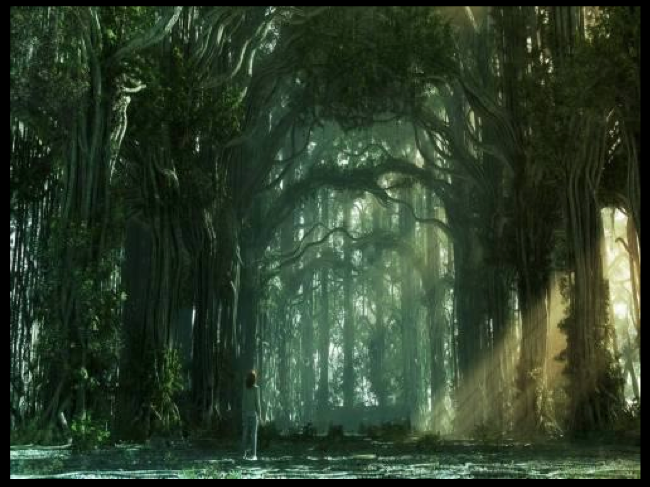Considering Creativity: Muse, Failure, and Drive
Many folks have seen and heard about Elizabeth Gilbert’s TED Talk on success, failure, and drive. This SynchCast course is along those same lines, but brings in different experts from different artistic mediums across the disciplines, including poet Ellen Bass, whom I received the original suggestion to enroll from. The first class is still free (click here and scroll down) and I highly recommend treating yourself to 90-minute of thought-provoking conversation.
Perhaps more than anything, what surprised me about this first conversation was the supporting artwork. In addition to superb tech support in real time, web cam or audio options, and chat options (it sounds overwhelming–it wasn’t), images of supporting artwork and quotes were displayed during the live class. What I saw moved me greatly. I asked about the imagse later, messaging a tech support staff member at SynchCast. He reported that most of the images (all?) were in the public domain and he had found them through some such site for gathering and organizing imagery. Here are a few that particularly invited me to dream and wonder:
Experiencing my own response to these images–it was something like an exhale, a gift–I learned that I have not been giving myself enough time to dream and imagine in an unstructured setting. The simple invitation to look at an artistic image suddenly reminded me of something I’d forgotten in the burn-out-crash following the book tour, and that is that our best work as artists comes when we stop pushing and start allowing.
Sure, we have to remain disciplined, but it’s possible to be disciplined and open at the same time. When considering the question “How can we make lightning strike?”, the moderators of the first class effectively told viewers that we have to throw ourselves into the storm if we want lightning to strike. Or as Chuck Close said, “Inspiration is for amateurs. The rest of us have to work.” In short, it takes work to be in the storm, to ride it out. It takes work to remain vulnerable and open, while also renouncing parts of the outside world and carving out time to do our best, most private work as artists. Like most good things in life, balance is key.
I also benefitted from one of the hosts’ observations about the courage it takes to recognize and life through our personal creative challenges. “You have to have the courage to comprehend your own shadow,” he said. He discussed a time when he couldn’t write for three months. Despite the suffering and the doubts, the learning that came out of that “dry spell” propelled him and his writing further than ever before. But it’s hard to live through that; hearing that it’s a “natural” part of the process certainly helped.
Tonight’s class will have a different guest and continue the exploration. I can’t wait!



